Hotline: +84.0337501618 | Email: sales@novidvietnam.com
Essential Oil Production Process Using Distillation Method
What are the benefits of using essential oils?
Essential oils are scent solutions that are usually in liquid form and can diffuse quickly in the air. Normally, essential oils are prepared and synthesized from many different parts of plants such as stems, leaves, flowers, roses, etc.
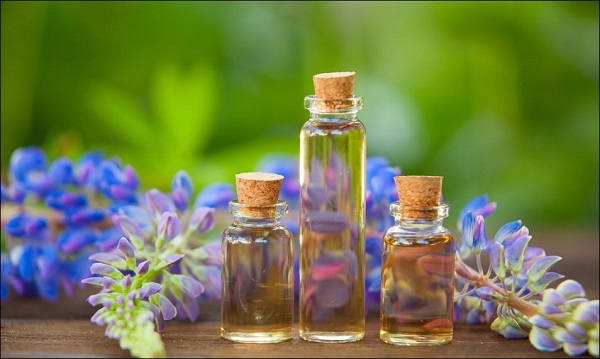
Most of the essential oils prepared have good effects on both physical and mental health. Some outstanding benefits of essential oils include:
- Some essential oils help balance hormones in the body, helping the body reduce feelings of stress, fatigue, and insecurity.
- Using essential oils helps reduce headaches effectively. Essential oils commonly used to relieve headaches are cajuput essential oil, peppermint essential oil, and jasmine essential oil, which also bring mental relaxation.
- Jasmine and lavender essential oils have been researched and proven to help improve insomnia and improve sleep quality.
- Essential oils are also used to reduce inflammation in the body very effectively.
Some common uses of essential oils
Essential oils are widely used in many different areas of life and production. Specifically:
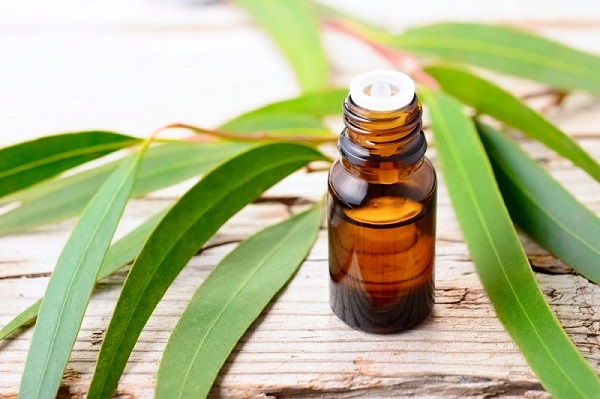
- Use essential oils to prepare and produce perfumes and cosmetics.
- Use essential oils to prepare insecticidal products.
- Use essential oils to produce pharmaceuticals.
- Using essential oils in the food processing industry.
- Using essential oils for psychological treatment,...
Learn the steps in the essential oil production process by distillation
Essential oils produced by distillation often have to go through many stages. Each step of essential oil distillation requires extreme care and meticulousness. Details of the essential oil production process are as follows:
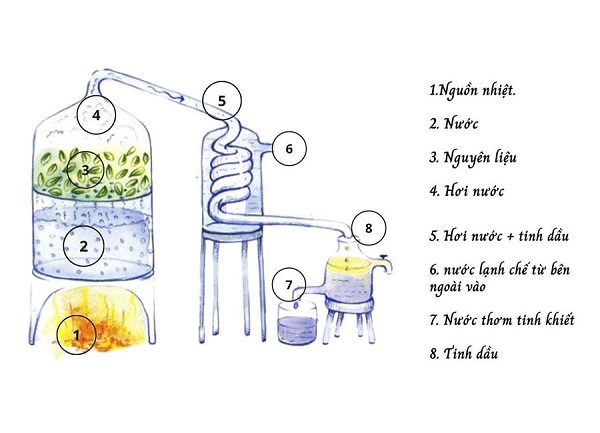
Raw material preparation stage
- To distill essential oils, you first need to prepare the raw materials of the plants you want to distill into essential oils. The raw materials used can be fresh stems, leaves, branches, flowers, etc.
- After preparing and selecting the ingredients, wash them to remove impurities and dirt.
- Then, cut the ingredients into small pieces so that the distillation process gets the maximum amount of essential oil possible.
- Next is to transport the ingredients to the distillation area, put the ingredients into the equipment to start distilling the essential oil.
Distillation stage
After putting the ingredients into the distillation pot, add water and start boiling. During the distillation process to extract essential oils , attention should be paid to the temperature and pressure of distillation.
When water is boiled, steam and essential oils begin to evaporate, clinging to the walls of the pipe that flows into the container.
The process of separating essential oils from water
- After the distillation process, we obtain a mixture of essential oil and water mixed together, we will proceed with separation to obtain the finished essential oil.
- Normally, essential oils will float to the surface because essential oils are lighter than water, so the process of separating essential oils from water is quite simple.
- After separating the essential oils from water, the distilled water can be kept for future use. The collected essential oil will be poured into dark glass bottles for packaging, preservation and distribution for consumption.
Instructions for preserving essential oils to maintain the best quality
As mentioned in the article, essential oils are volatile materials that diffuse in the air, so they need to be carefully preserved to retain the essential scent.
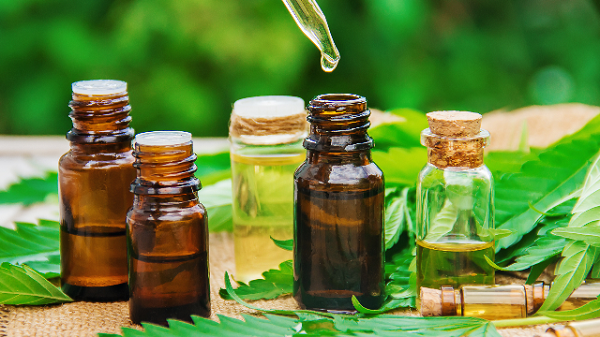
- Essential oils should be stored in glass bottles with tight, dark lids.
- Essential oils are flammable compounds so they need to be placed in high, airy locations, not near sources of ignition or sparks.
- Do not place essential oils in locations with strong light or direct sunlight.
- Do not leave essential oils in prolonged contact with oxygen because the reactions that occur can affect the aroma of the essential oil.
- The lid of the essential oil bottle should be used with a rubber lid to limit the scent of the essential oil being applied through the lid.
- If possible, you should extract essential oils into small sized bottles for use to limit frequent opening of the lid, causing air to enter the bottle and the fragrance to be reduced.
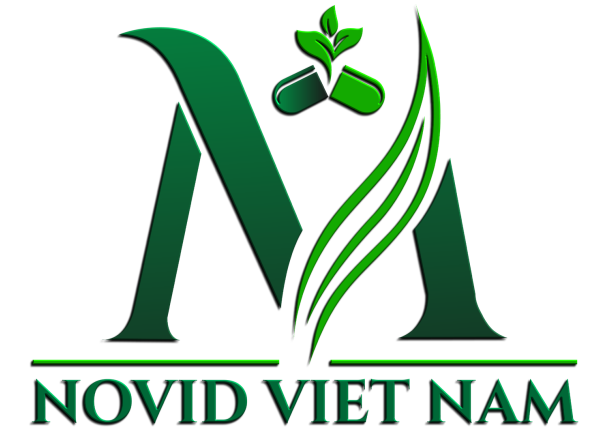
NOVID VIETNAM NATURAL PLANT TECHNOLOGY COMPANY LIMITED
Address: D42, An Giai Area, Dong Ky Ward, Tu Son City, Bac Ninh Province, Vietnam
Hotline: +84.0337501618
Email: sales@novidvietnam.com
Website: novidvietnam.com